HOW DO MEDICARE AND MEDICAID IMPACT MY PERSONAL INJURY CLAIM?
HOW DO MEDICARE AND MEDICAID IMPACT MY PERSONAL INJURY CLAIM?
What is a Medicare Lien?
Medicare is a federal government health insurance program that primarily provides health insurance for Americans aged 65 and older. With personal injury cases, Medicare liens require anyone involved in the transfer of money to settle or resolve a personal injury claim to reimburse the Federal Medicare program for benefits it has paid or will pay in the future for benefits paid for medical care to a Medicare beneficiary that a negligent third party injured.
What is a Medicaid Lien?
Medicaid is a federal and state program that helps with healthcare costs for some people with limited income and resources. Medicaid offers benefits not typically covered by Medicare, including nursing home and personal care services. The main difference between the two programs is that Medicaid covers healthcare costs for low-income people while Medicare provides health coverage for the elderly.
A Medicaid lien requires anyone (including attorneys) involved in the transfer of money to settle a personal injury claim to reimburse the state Medicare program for benefits it paid in the past for medical services rendered to a Medicaid beneficiary that was the responsibility of a third-party tortfeasor.
Medicare and Medicaid are government programs that provide qualified individuals with medical care benefits. However, Medicare is a federal program, while all 50 states run individual Medicaid programs with different rules. Both programs create a statutory lien for benefits paid for past medical expenses that arose due to a personal injury. However, Medicare is different from Medicaid because the federal laws that apply to Medicare require money to be “set aside” to cover the cost of anticipated future medical care.
Is Repayment of a Past Medical Lien Required?
Anytime Medicare or Medicaid pay for medical benefits, there is an obligation on both the injured person and their attorney to repay a Medicare or Medicaid lien if money is recovered from a negligent third party for damages suffered as a result of the incident that produced the medical bills. The lien is on the entire settlement. If the injured client or their attorney fails to repay a Medicare Lien, Federal law allows the Government to sue the lawyer for double damages plus interest for knowingly ignoring a Medicare lien. State Medicaid lien laws vary, but at a minimum, the state can sue the client and the lawyer for the amount of the lien with interest. Medicare requires that you fill out a form and notify them of every personal injury case so they can check to see if they have a claim for medical bills they have already paid. Consequently, the best personal injury lawyers handling a personal injury claim must take steps to confirm and take into account any Medicare or Medicaid liens.
Medicare and Medicaid Reimbursement Rates and the Collateral Source Rule
Medicare and Medicaid have significant bargaining power due to the sheer volume of patients they cover. As a result, they can negotiate huge discounts for the services their clients receive. So, whereas an individual might get charged 10,000 for a particular procedure, the Medicare and Medicaid reimbursement rate may be $500 for the same procedure. The other $9,500 gets written off by the provider.
In some states, this can have implications at trial. Nevada follows a strict collateral source rule. This means evidence of an alternate source of payment for an injury (such as Medicare and Medicaid) is inadmissible. Therefore, in Nevada, defendants are not entitled to introduce evidence that a portion of the injured person’s medical bills was paid for by health insurance or any other source unrelated to the tortfeasor. However, statutory exceptions exist that mandate the introduction of collateral source evidence when worker’s compensation is involved. Most recently, the Nevada Supreme Court issued a decision that clarified that medical provider discounts, or “write-downs,” are collateral source and therefore inadmissible, but at the same time determined that medical liens are admissible for purposes of establishing bias and therefore not subject to the collateral source rule.
What is a Medicare Set-Aside?
Medicare Set-Asides are not free to set up, nor are they easy. Generally, you need a qualified medical professional to review all the medical records, approximate future needs, estimate the costs of those needs, and come up with a rational basis for the amount you ultimately set aside. Some companies can be hired to do this. Typically, they charge $3,000-5,000. In more complex cases, these fees may be much higher.
How Cohan PLLC Can Help
Anytime Medicare or Medicaid pays for medical expenses that arise from a personal injury case, this fact impacts your case. It creates a lien that must be reimbursed for past medical damages. In some states, it also reduces the amount that can be claimed as damages. Lastly, Medicare creates a costly obligation to create a Medicare Set-Aside if future Medicare benefits may be anticipated. As a result, the best personal injury lawyers in Nevada must weigh the impacts of Medicare and Medicaid liens against the anticipated recovery in your case when determining the best strategy.

